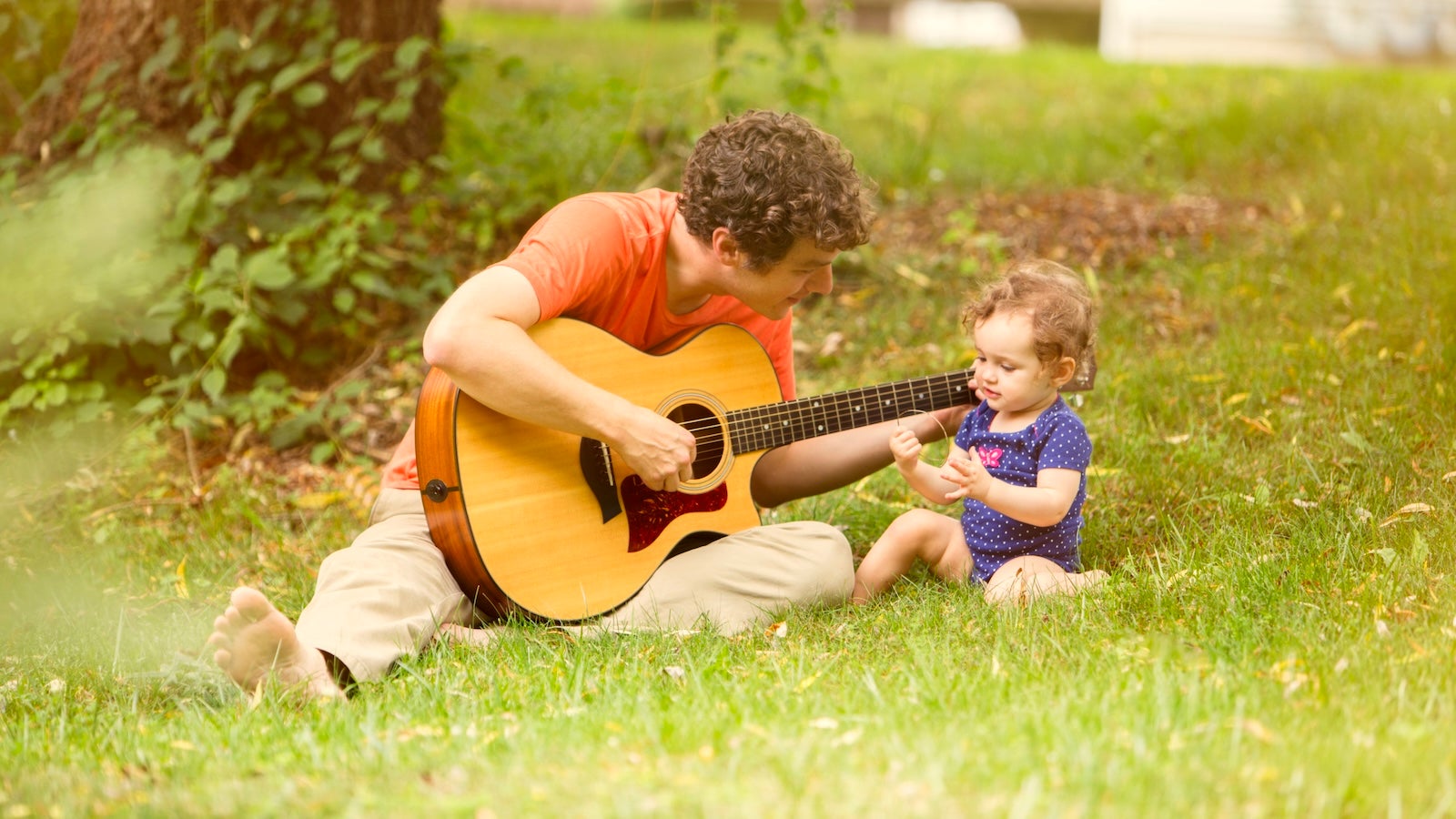One of the things I most appreciate about my Jewish upbringing is the vast reservoir of music it has given me. Whether I’m with old friends or new ones, if they’re also engaged in Jewish life it’s likely we know a bunch of the same tunes and are ready to jump right in to singing them.
Song brings people together. It is also an excellent mnemonic device: It’s far easier for our brains to remember words when they’re set to music. This is why the Torah comes with a tune, or trop, to chant it. Both the authorized version of the text and the melody that animates it come from the same scholarly families, known as the Masoretes, who between the sixth and ninth centuries established exactly how to sound out our most sacred words.
Beyond that, the Bible contains a number of sections called “songs.” Among the oldest texts within the Bible, these lyric poems include the victory song sung by Deborah in Judges 5, and the song the Israelites sing after their flight from Egypt in Exodus 15. It is this latter song, the Song of the Sea, that gives this coming Shabbat its special name: Shabbat Shira, the sabbath of song. Although many Jews recite this song every morning, it is read publicly from the Torah, with its own unique tune, just twice each year: this Shabbat and on the seventh day of Passover. Shabbat Shira is celebrated as a special occasion in synagogues of many denominations, often occasioning extra singing, perhaps led by guest prayer leaders or musicians.
In Jewish theology, the Song of the Sea is one of the rare peak moments of the Jewish people. “What the lowliest serving girl experienced at the sea, the prophets Ezekiel and Isaiah could never attain, for there the Israelites directly witnessed God,” teaches the midrash (Mekhilta of Rabbi Ishmael, Shirata, chapter 3.) Other legends about this moment abound. So intense was this revelation, says the Talmud, that embryos were able to see it through their mothers’ abdomens (Sotah 30b-31a). And when, in response to this profound experience, the Israelites begin to sing, God tells the ministering angels to cease their habitual praise-song so God can hear the people better (Midrash Tanchuma Beshalach 13:3).
With your help, My Jewish Learning can provide endless opportunities for learning, connection and discovery.
The more extraordinary our spiritual experiences are, the more they tend to put us completely beyond the scope of words. Still, the human impulse in response to exultation is exaltation: we want to express it, to sing about it. Being able to put something into words not only enables us to respond to profound experience, but might also provide a reference point that helps us re-access that state. What began as a personal experience can, through song, also become a collective one, as we invite others who did not themselves undergo the original high to come join us in its afterglow.
Besides being a way of transmitting information or inspiration, group singing is incredibly good for us. Even without psychological research demonstrating that the most effective treatments for PTSD involve rhythmic sound and movement with other humans, we probably know from experience just how good this can feel. Whether at a stadium or a synagogue, singing in a group literally allows us to harmonize with those around us, which can open us to elevated states more readily than almost any other activity. It is no coincidence that, according to our scriptures, the angelic realms communicate in song, not speech. Likewise, the great Rabbi Akiva taught that while all of the Bible is holy, the Song of Songs is the holiest of all (Mishnah Yadayim 3:5).
Anthropologists now tell us that song may even have preceded speech in hominid development, and that group sounding is what enabled us to evolve into more intelligent and cooperative creatures. That song is elevating and even evolutionary is an idea shared by our mystics, who attribute to song the power to stimulate repentance, true prayer and even states of prophecy. According to Rebbe Nachman, the nigun, the (often wordless) vocal music popular in Hasidic communities, exists on the border of physicality, at the point of connection with the spiritual. “Therefore the nigun is bestowed with the power to raise us, to enable the ascent from the level of beast to the level of human.” (Likutei Moharan, Part II, Paragraph 63)
For while part of the magic of song is its power to connect us with other people and perhaps even with more cosmic realms, it is also a product of our earthy, animal bodies. When we sing, we join ourselves with the song of all creation, with whalesong and crickets, with the susurrations of the trees and the pounding of the ocean’s waves. As the Zohar tells us: “All of God’s creations recite melody in the heavens and on Earth. There are mansions in heaven which can be opened only through song.” (Zohar Genesis, Chayei Sarah)
So this Shabbat, let’s sing.
This article initially appeared in My Jewish Learning’s Shabbat newsletter Recharge on February 8, 2025. To sign up to receive Recharge each week in your inbox, click here.



